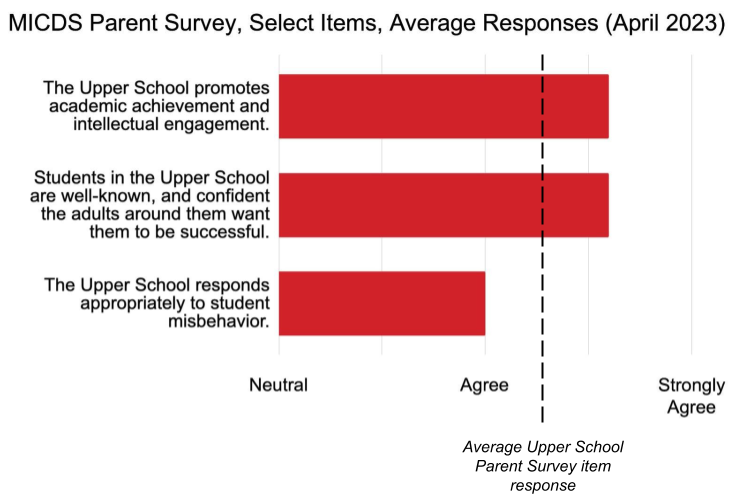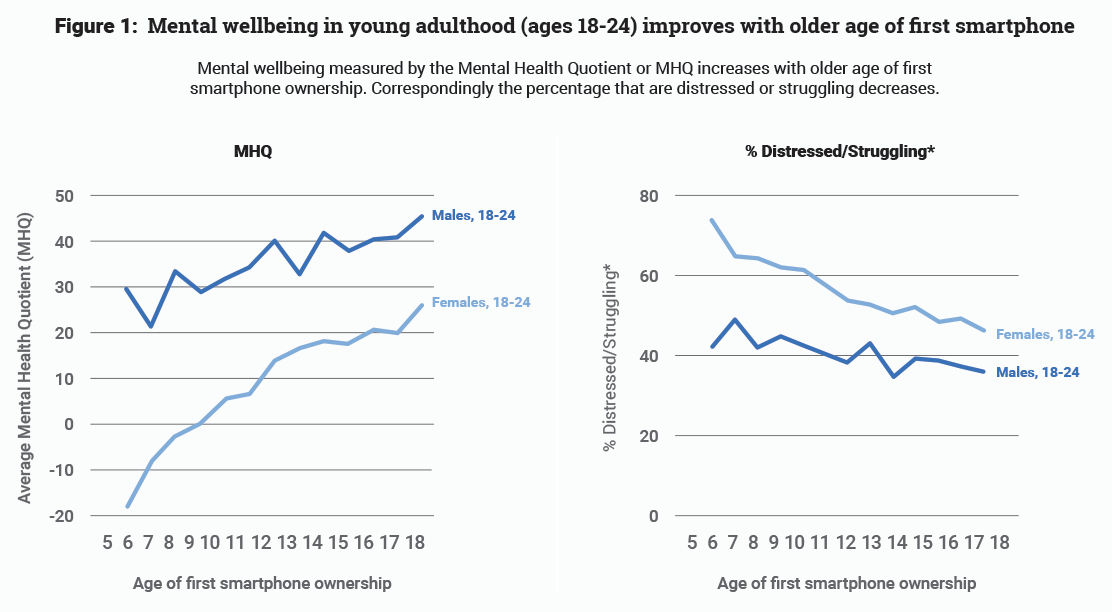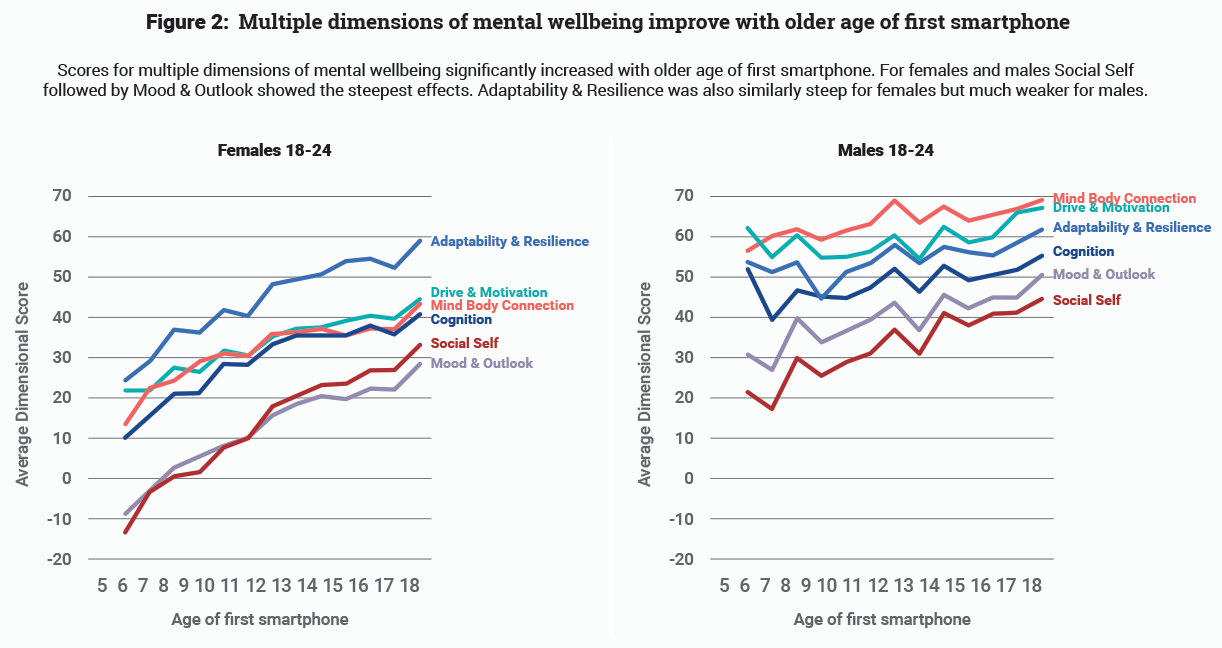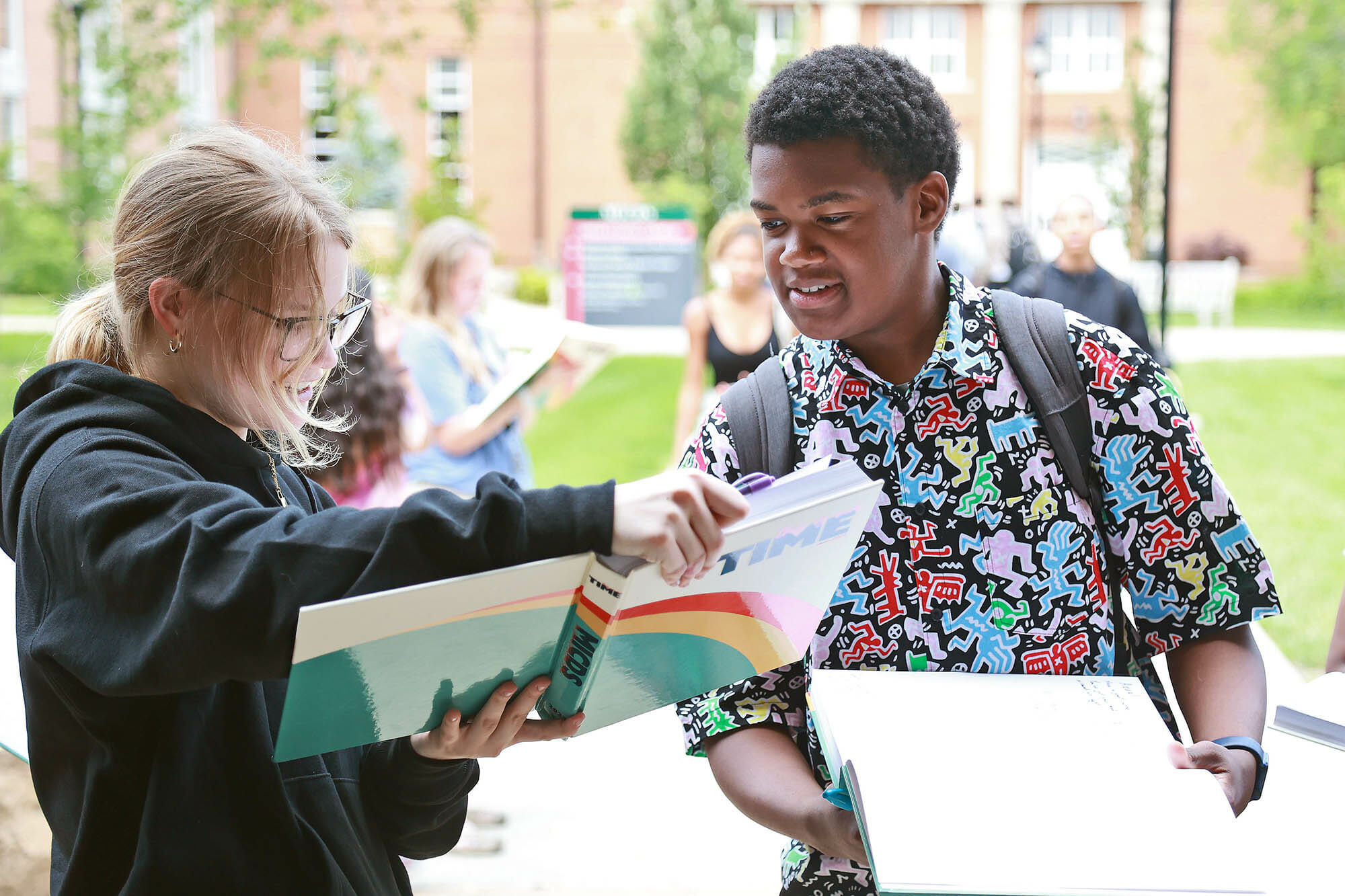The following letter is adapted from remarks delivered to students at the final Upper School assembly of the school year on Tuesday, May 23.
I don’t know whether you are familiar with the movie A Few Good Men. It was released in 1992, back when I was in college, and it’s basically about Tom Cruise’s character, a U.S. Navy prosecutor, trying to prove that Jack Nicholson’s character, a decorated Marine colonel, was involved in a crime. The movie is probably best remembered for the exclamation “You can’t handle the truth!” which the colonel yells when he is being pressed on the witness stand by the prosecutor, and which became a pop culture meme. The line that has remained with me most over the years, though, is the one that Cruise’s prosecutor speaks less than two minutes later, after Nicholson’s colonel—beside himself with pride and indignation at being so relentlessly questioned—implicates himself in the crime of which he is suspected. “If it pleases the court,” Cruise’s character says, recovering from his shock, “I suggest the members be dismissed so that we can move to an immediate Article 39a session,” followed by the crucial line: “The witness has rights.” It is a reminder that our legal system, even in response to an admission of guilt, emphatically protects the rights of defendants. “It is a cardinal principle of our system of justice,” note the criminal jury instructions of the United States federal courts, “that every person accused of a crime is presumed to be innocent unless and until his or her guilt is established beyond a reasonable doubt.” The witness has rights.
In the results of this year’s MICDS Parent Survey, I was pleased to see very high levels of agreement with statements like “The Upper School promotes academic achievement and intellectual engagement” and “Students in the Upper School are well-known, and confident the adults around them want them to be successful.” I was also not surprised, unfortunately, to see lower levels of agreement with the statement, “The Upper School responds appropriately to student misbehavior.” This divergence evinces itself not only in Upper School parent feedback but in Middle and Lower School parent feedback, too, and is consistent with previous MICDS Parent Survey results as well as the outcomes of similar surveys that I have reviewed over the course of my career in independent schools.

Just as United States courts emphatically protect the rights of the accused, our MICDS disciplinary system prioritizes the privacy and impartial treatment of students involved in known or suspected violations of our rules and expectations. This commitment to student protection extends not only to the accused, but also to their accusers, to identified witnesses, and to anyone who may have been harmed by the events under investigation. In the absence of communications from the School respecting these confidential matters, rumors about their adjudication and disposition often abound, and yet our administrators almost invariably remain silent. We certainly understand in these circumstances that a lack of information may lead to frustration, and to this extent (although it is worth noting that “agree” is the average parent response to the statement “The Upper School responds appropriately to student misbehavior”) we respect what the Parent Survey has to tell us. Nevertheless, the dignity and learning opportunities afforded to the students in our care must be among our highest priorities in the prosecution of disciplinary matters, and confidentiality is necessarily entailed in these commitments.
Of course, we would not have to respond to student misbehavior if student misbehavior never occurred, and I would suggest that it is specifically worth noting that there are vanishingly few if any instances of disciplinary infractions and peer conflicts at MICDS that do not involve–either directly or indirectly–student use or misuse of social media. I was interested to read a few days ago a recent report by Sapien Labs demonstrating a high correlation between mental wellbeing in young adulthood and the age of first smartphone ownership. Specifically, their research found that the mental health of persons aged 18-24 was more robust among those who began to use smartphones later in their lives, and that this correlation was especially pronounced in women. Similarly, fewer study participants who began to use smartphones later in life described themselves as distressed or struggling in early adulthood.

The study also found that multiple aspects of mental wellbeing are closely correlated with age of first smartphone use, including adaptability and resilience, drive and motivation, mind body connection, cognition, social self, and mood and outlook–again with stronger correlations indicated among female than among male young adults.

Since 1970, every pack of cigarettes sold in the United States has included a Surgeon General’s warning against the adverse consequences of tobacco use. After reading the Sapien Labs report, I remarked to another head of school that it might not be a bad idea at this point to attach similar warnings to social media apps. “Warning: Instagram May Cause Unjustified Feelings of Low Self-Worth.” “Warning: Snapchat Users May Be Vulnerable To Privacy Invasion, Cyberbullying, Identity Theft, And Other Predatory Activity.” “Warning: Twitter Contains Unhealthy Levels Of Harassment And Abuse, And Can Inure Its Users To Cynicism And Casual Cruelty.” It turns out that the actual Surgeon General, Vivek Murthy, was already thinking in these same terms. “There are ample indicators,” he wrote in an advisory published on Tuesday, “that social media can also have a profound risk of harm to the mental health and well-being of children and adolescents.”
In the climactic scene of Return of the Jedi, another movie from my youth, Luke Skywalker gets the better of Darth Vader in a lightsaber duel and slices off his robotic right arm, only to remember that his own right arm, from wrist to hand, is also a robotic prosthetic. Horrified that he will become a machine like his father (is there such a thing as a plot spoiler after 40 years?), Luke refuses to be goaded further by the Emperor into destroying Darth Vader—and he pays a steep price. I think about this scene almost every time that my phone is nagging me to use it. Sometimes it feels a little too much like I am becoming one with the device—like my wrist, hand, and fingers are becoming cybernetic. Isn’t it a little funny to imagine Luke Skywalker as a Snapchat user in that moment of epiphany, tossing his smartphone into the vast hollow of the Death Star? Maybe he says to the Emperor, “I refuse to keep my streaks going any longer,” and the Emperor—or maybe it’s Mark Zuckerberg in a different kind of hoodie—gets very upset at Luke for refusing to continue to let his eyeballs be monetized or his data be harvested, so he gives him the business with the lightning bolts. Poor Luke. He’s caught between protecting his mental wellbeing and submitting to the dark side of the Force. Whatever happened to him? It’s a shame that Return of the Jedi was the very last Star Wars movie ever made…

I passed by a happy poster in the Lower School the other day. “Be a friend,” it insists. I wonder sometimes whether the technologies that have become so ubiquitous in our lives get in the way of our being a friend, to ourselves and to each other. Certainly the Sapien Labs study raises this question for me, as does the prevalence of unhealthy social media interactions in the disciplinary situations that we find ourselves navigating with students and families at MICDS.
To what extent are the technologies in your own life enhancing, and to what extent are they diminishing, the person whom you want to be and want to become? This is a serious question, not a rhetorical one, and I would ask you to keep it at the forefront of your minds as we begin the summer season, and as we anticipate returning to MICDS in community with one another in August. It is a question that will continue to have resonance in the shared endeavor of emotional, social, intellectual, and moral formation to which our institution is committed. „Warning: The Work Of Being A Friend To Yourself And To Others Never Ends.“
Always reason, always compassion, always courage. I look forward to continuing this good work with you in the new school year. My best wishes to you and your loved ones for a wonderful summer vacation.
Jay Rainey
Head of School
